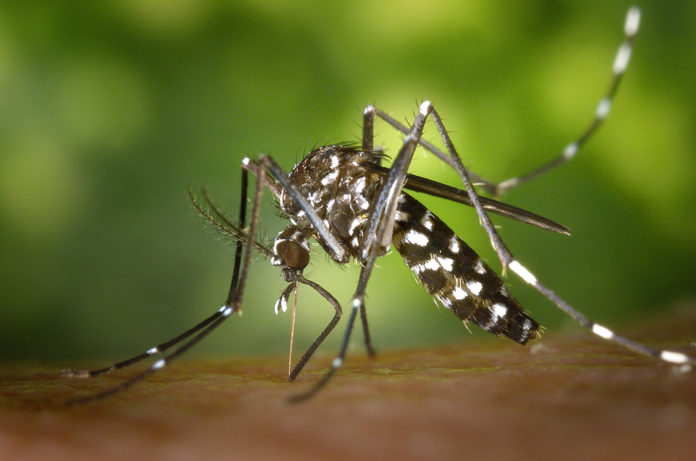After government of India took strong exception to a Zika travel alert, CDC has withdrawn it
The Centers for Disease Control and Prevention (CDC) has withdrawn its travel alert/advisory against pregnant women coming to India. This follows a stern rebuttal from the government of India which took strong offence to the advisory on the ground that Zika statistics do not match up to the CDC classification of the disease being endemic in India.
Between September to November 2018, India witnessed outbreaks of Zika virus disease in Jaipur as well as Bhopal and its neighbouring districts in Madhya Pradesh. There were 153 cases. No fresh cases of Zika virus disease have been reported from both the States since end of November 2018.
However, in December 2018 Centre for Disease Control and Prevention, USA issued a Travel health notice on Zika virus in India. The travel advisory depicted that India has an ongoing outbreak of Zika virus disease in Rajasthan and its surrounding States. The advisory further cautioned pregnant women not to travel to areas with ongoing Zika outbreaks. Women planning pregnancy were also alerted on travel. Such an advisory could have serious implications on travel and trade in India.
As per CDC records the status of India has now been changed from “ongoing outbreak” to “current or past transmission but no current outbreak”
The government of India immediately took the matter up. Prof. Balram Bhargava, Secretary Department of Health Research & Director General, Indian Council of Medical Research (ICMR) wrote to CDC to withdraw or modify the travel advisory providing evidence of the contained outbreak in India. The letter provided data on human and vector surveillance for Zika virus disease in India.
The communication was successful in ensuring modification of the travel advisory on 27th March 2019. The status of India has now been changed from “ongoing outbreak” to “current or past transmission but no current outbreak”.
Zika virus strain isolated from Rajasthan matches with the Brazilian Zika strain associated with outbreaks, and microcephaly/congenital Zika syndrome (CZS); ICMR-NIV Pune has initiated mice/animal studies to understand the potential of this virus to cause microcephaly or CZS. Preliminary reports suggest the absence of one known mutation linked with microcephaly. However, further characterization of the strain is required as microcephaly/CZS has several attributable causes.
ICMR has also initiated a study to understand the outcomes of pregnancy of women infected with Zika and also the occurrence of CZS as well as other neurological malformations in their newborns. The study is being rolled out in Rajasthan in first week of April and in Bhopal by end of April. Attempts are also being made to expedite the Phase II Zika vaccine clinical trials of Bharat Biotech International Ltd.
“Human surveillance for Zika virus disease in India will be continued. As of now, no cases of Zika virus disease are being reported from any part of the country,” ICMR said in a statement.


